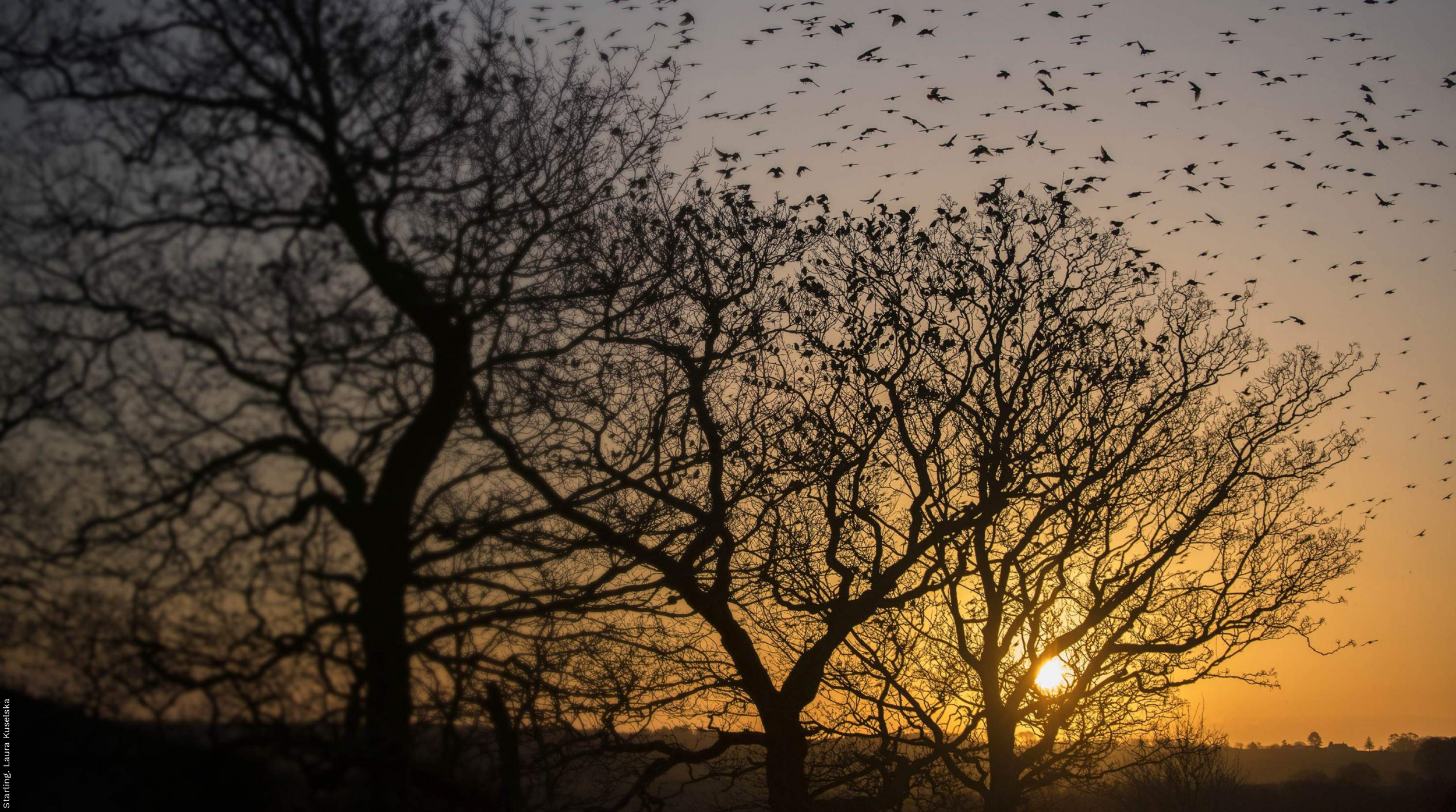Not in the countryside please! Investigating UK residents’ perceptions of an introduced species, the ring-necked parakeet (Psittacula krameri)

Author(s): Pirzio-Biroli, A., Crowley, S.L., Siriwardena, G.M., Plummer, K.E., Schroeder, J. & White, R.L.
Published: May 2024
Journal: NeoBiota Volume: 93
Digital Identifier No. (DOI): 10.3897/neobiota.93.110122
This work, carried out in collaboration with Imperial College London, the University of Exeter and the University of Brighton, revealed that 90.2% of the people surveyed were aware of Ring-necked Parakeets, and that 45.9% of these people held negative opinions about the species (7.8% of opinions were positive). Attitudes towards Ring-necked Parakeets were more negative in rural areas (64.7%) than those in urban areas (46.7%). Differences in how people viewed parakeets was linked to their ecological interest, age and level of education. Earlier work found that attitudes to Ring-necked Parakeets are more negative where respondents live in areas with high numbers of the bird.
Ring-necked Parakeets can cause significant economic damage and can therefore be removed under a UK general licence. The findings of this study have implications for how potential management or mitigation measures for this species might be received by communities.
Abstract
Wildlife management can generate social conflict when stakeholder perceptions of the target species are not considered. Introduced Ring-necked Parakeets (RNP) are established in the UK and have been added to the ‘general licence’ of birds that can be killed to prevent serious economic damage. We aimed to better understand perceptions of RNPs on a nationwide scale to inform mitigation actions for potential future conflict over RNP management. We surveyed 3,947 UK residents to understand awareness of, knowledge of and attitudes towards the RNP across the UK.
We found that most respondents (90.2%) were aware of the RNP. Almost half of respondents (45.9%) held negative opinions, particularly against the RNP in rural areas (64.7%), suggesting landscape contexts influence attitudes. Respondent preference for the RNP was low in local neighbourhoods (7.80%) although the species was considered aesthetically pleasing by most (83.0%). Many respondents knew the species’ name (54.9%), but underestimated current population numbers in the UK (82.6%) and few knew its full native range (10.0%). We identified respondents’ ecological interest, age, education, preference for, awareness of and knowledge of the RNP as significant factors associated with perceptions.
Our findings suggest that the RNP presents a complex socio-environmental challenge, with respondent awareness, knowledge and attitudes each forming an important component of perceptions towards this species. We recommend that wildlife managers utilise our findings and cohesive approach to enhance future RNP perception research in the UK and abroad and towards the success of any proposed management initiatives under the UK general licence.








Share this page